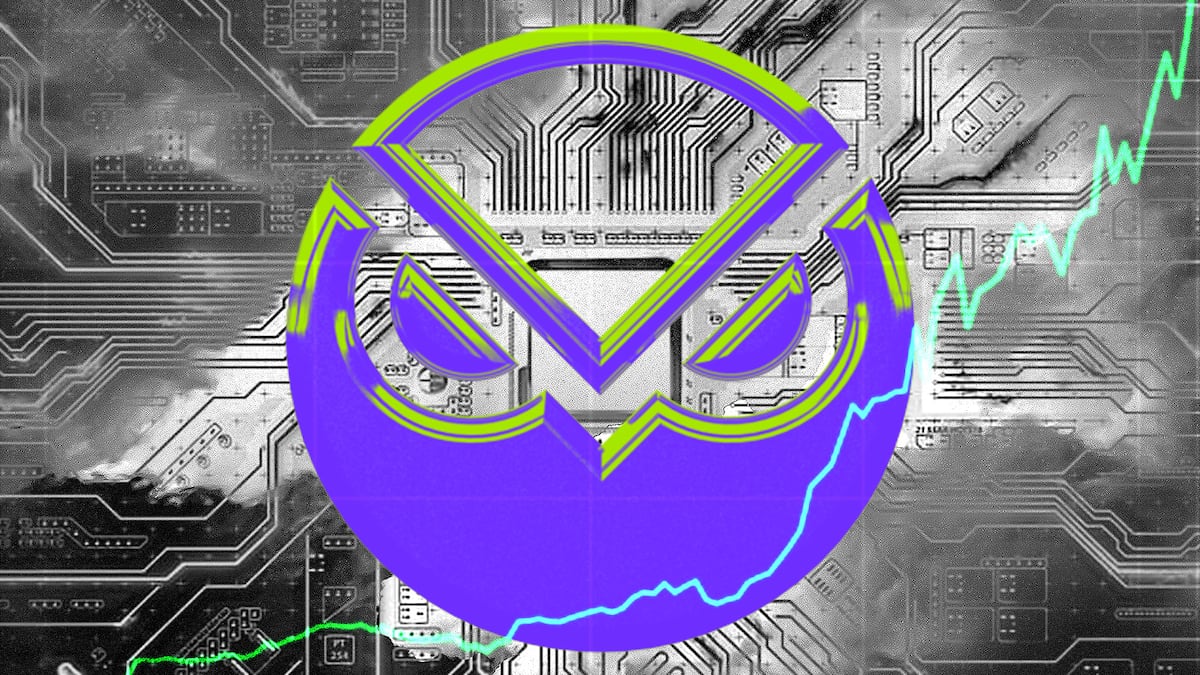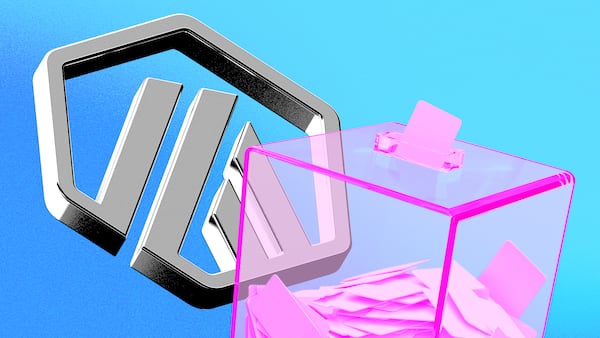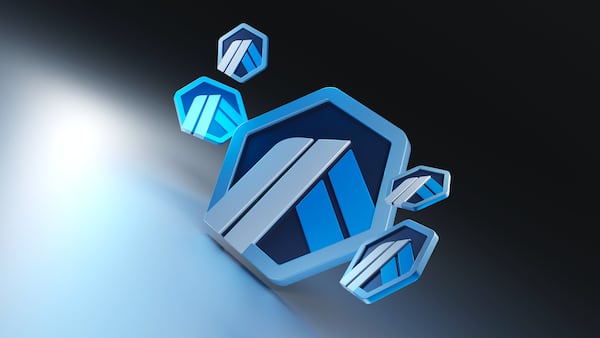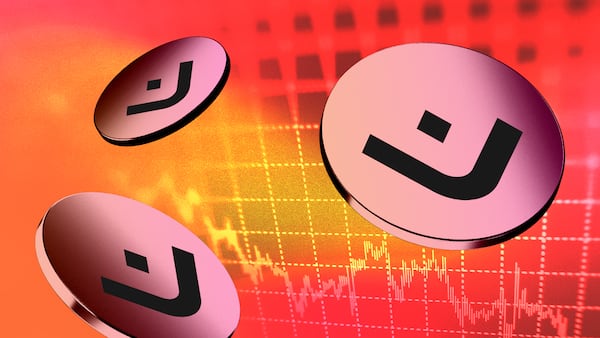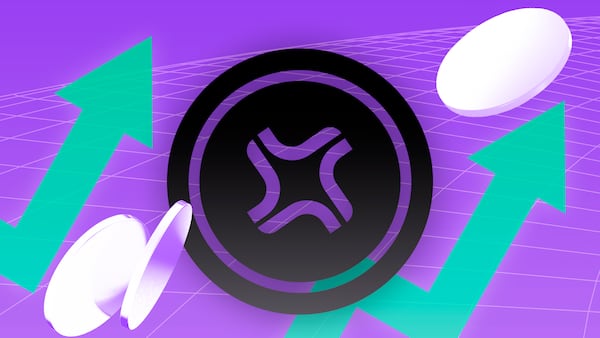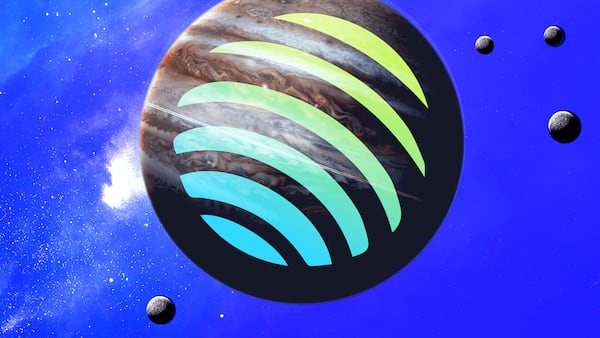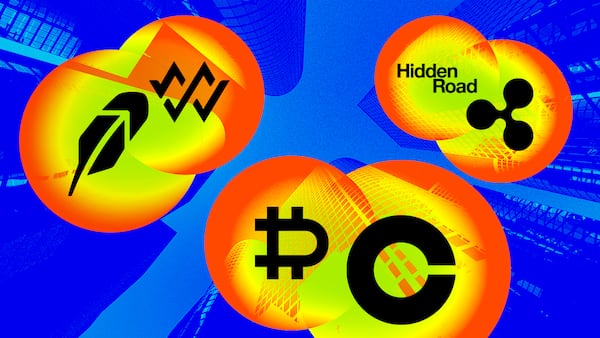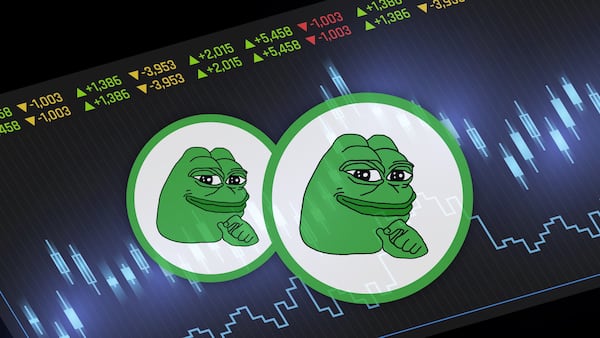- Gnosis recently tallied the cost of running its Gnosis Chain.
- At $400,000, its Etherscan expense was a relative bargain.
- Ethereum turns 10 years old on Wednesday.
A version of this article appeared in our The Decentralised newsletter on July 29. Sign up here.
Running an Ethereum-compatible blockchain isn’t cheap. Take it from Gnosis, the crypto company that just made its first-ever request for annual funding from the Gnosis DAO cooperative.
The “quasi-foundation” has asked for $30 million per year from the DAO. Of that headline number, $3.6 million would go toward “Gnosis Chain and Core Infrastructure," according to the request.
Here’s the breakdown: almost $2 million would go toward personnel, a category that covers the blockchain’s ongoing software development.
More than $600,000 is needed for “hosting and cloud providers,” a category that, according to the company’s head of infrastructure, includes the chain’s “bootnodes, validators, testing, indexing, analytics, archival,” and hosting for other Gnosis-branded products.
Audits cost $300,000. And Gnosis’ partnership with Etherscan, the block explorer, costs $400,000 — a steal, according to former Scroll engineer Toghrul Maharramov.
In short, keeping a blockchain online is a cash-intensive endeavour.
The funding request is part of Gnosis’ bigger push into consumer-facing software development, according to co-founder Friederike Ernst.
“The story we want to tell is no longer just about open infrastructure, but about building fair, user-owned financial systems,” she wrote to DAO members.
Like Morpho, Gnosis moved this year to address perceived tension between equity investors and token holders, “converting the entity into a purely purpose-driven organisation,” according to Ernst.
Gnosis already has 127 employees and plans to hire 25 more this year, according to the proposal.
HDB, Ethereum!
In other news: happy birthday Ethereum!
The world’s second-largest blockchain turns 10 years old tomorrow. It has had a remarkable run.
While Bitcoin remains the most valuable cryptocurrency — by a very wide margin at that — what you can do with a Bitcoin hasn’t changed all that much since the Bitcoin network launched in 2009.
Ethereum is another story. Like Bitcoin, it has captured the attention of Wall Street and financial regulators, but for very different reasons.
Wall Street likes Bitcoin because it’s valuable and may be even more valuable tomorrow. But if you believe BlackRock CEO Larry Fink, Ethereum could revolutionise the trading of stocks and bonds via tokenisation.
The largest banks and companies in the world are considering issuing stablecoins. US lawmakers have been forced to reckon with the concept of decentralisation and to define, albeit imperfectly, that vaguest of terms.
The total value of crypto deposited in Ethereum’s DeFi ecosystem is now $139 billion — well above the $114 billion it hit in the heady days of 2021, when the Ether cryptocurrency hit an all-time high just shy of $5,000.
For all the hand-wringing earlier this year, that’s pretty damn impressive.
Top DeFi stories of the week
This week in DeFi governance
VOTE: Optimism Token House votes to dissolve anticapture commission
VOTE: Euler DAO votes to activate all fees on lending protocol
PROPOSAL: Arbitrum DAO considers reducing delegate compensation
Post of the week
Publicly listed companies are buying crypto to juice their stock price. Why not small, independent businesses too?
not now kitten I’m turning your Etsy store that does $800 ARR into a publicly listed treasury vehicle
— Gwart (@GwartyGwart) July 25, 2025
Aleks Gilbert is DL News’ New York-based DeFi correspondent. You can reach him at aleks@dlnews.com.


